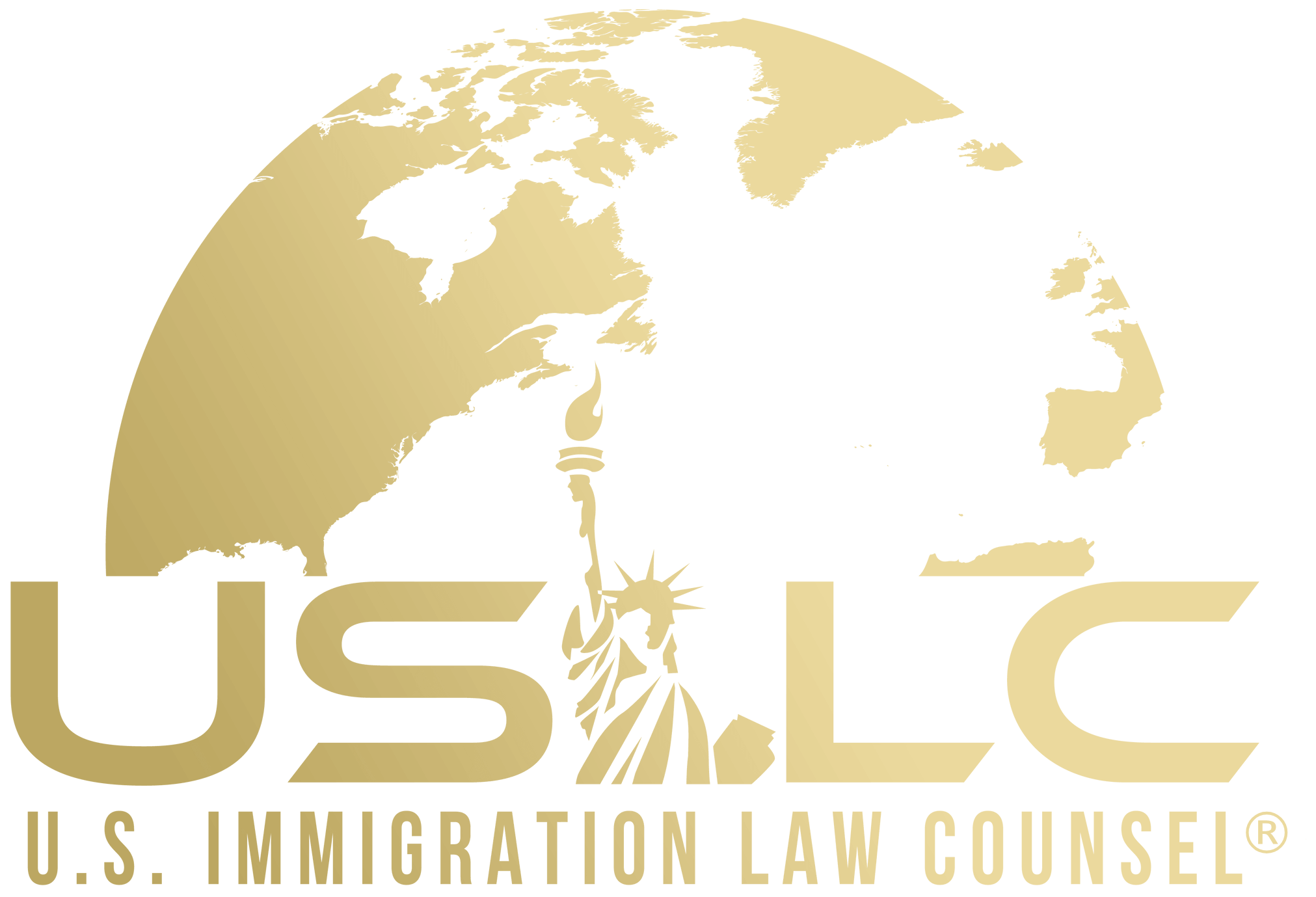There is a common misconception that having debt, declaring bankruptcy, or being unemployed can prevent a Green Card holder from becoming a U.S. citizen. While these issues can certainly impact an individual’s financial well-being, they do not generally hinder the process of becoming a U.S. citizen—unless they are linked to any financial misconduct on the applicant’s part. Yet, as it relates to the citizenship process, many permanent residents are confused about the qualifications for becoming a citizen and what types of financial challenges might lead to a denial.
What Are the Qualifications for Becoming a U.S. Citizen?
You are generally eligible to file an application to become a citizen of the United States based on the following:
- If you gained permanent resident status through marriage, then you can apply for citizenship three years after the approval of your status.
- If you gained permanent resident status through employment or family sponsorship, then you can apply for citizenship five years after the approval of your status.
- If you are a member of the military and you meet certain other requirements, then you may be eligible to apply for citizenship after one year and the fee will be waived.
- If you gained permanent resident status through the Violence Against Women Act (VAWA), then you can apply to become a citizen three years after the approval of your status.
- If you were approved for refugee or asylee status, then you can apply for citizenship in five years, although some of your time spent in either status can be counted towards the five-year wait time.
What Kind of Financial Issues Can Risk Your Ability To Become a US Citizen?
As a U.S. permanent resident, your actions—especially in the three to five years before filing for citizenship—can affect the outcome of your application. Most applicants understand that the amount of time they have spent outside the U.S. during those three to five years will matter. Remaining outside the U.S. for over six months or one year can break the continuous residence requirement, which can jeopardize a citizenship application. Additionally, any criminal charges, the type of crime, and when it was committed, will also be given significant weight. However, before you apply for citizenship, it is important to understand which financial challenges can prevent you from becoming a U.S. citizen and which ones generally do not lead to a denial.
Since the U.S. Citizenship and Immigration Services (USCIS) does not generally consider being in debt, filing for bankruptcy, or being unemployed as legitimate reasons for denying U.S. citizenship applications, you do not need to worry if you find yourself in any of those situations. Despite that, certain financial issues can threaten your ability to become a U.S. citizen, and the main ones are listed below.
Failing to file US taxes, or owing taxes
When it comes to citizenship applications, keeping up with tax filings and payments can be viewed as an indication of good moral character. Failing to file taxes or pay overdue taxes will not only raise character issues in your citizenship application but can also lead to serious consequences that may affect various areas of your life—from your ability to buy a home to potential wage garnishment or legal action.
If you are a permanent resident engaged in the U.S. citizenship process, you will need to provide proof that you are current on tax filings and payments. If you have not been filing or paying your taxes, it is advisable to contact a professional to help you resolve these issues before submitting your citizenship application. Failing to do so may result in delays or denial of your application.
Failing to pay child support
While failing to file or pay taxes can negatively affect an applicant’s process to becoming a U.S. citizen, not paying child support can also lead to a denial. To the U.S. government, an applicant who fails to honor a child support agreement can also be seen as lacking good moral character. If there are circumstances that have disrupted your ability to pay child support, such as a job loss or illness, it is crucial to address them before starting the U.S. citizenship process. Be ready to provide sufficient proof that you are unable to pay child support, since the USCIS will require it.
Failing to repay funds from public benefits
Life happens. If you are a permanent resident who has lost the ability to fully support yourself, you may need to apply for public benefits. Just as it is not a crime for a permanent resident to file for bankruptcy or become unemployed, receiving public benefits does not disqualify you from gaining U.S. citizenship. This differs from applying for a visa or permanent resident status, where one ground for inadmissibility is failing to prove that you are unlikely to become a public charge.
While U.S. permanent residents are eligible for public benefits, if you do not repay benefits owed due to overpayments or other actions, your citizenship application could be denied. This issue falls under the category of good moral character. Additionally, your application is at risk of denial if you ever misrepresented yourself to obtain any public benefit.
Seek Help From a Professional
When applying for U.S. citizenship, you should be prepared to truthfully disclose bankruptcies, taxes owed, or any other financial challenges that you may have encountered since becoming a permanent resident. If you are facing more serious financial issues, such as those outlined above, it is vital to seek the counsel of an immigration expert before applying for citizenship. Our attorneys at US-ILC can help you to determine your eligibility for citizenship so you can apply with confidence. Our attorneys understand that the process to become a U.S. citizen can be difficult for some applicants, and they will use their expertise to give you the best chance of success.





